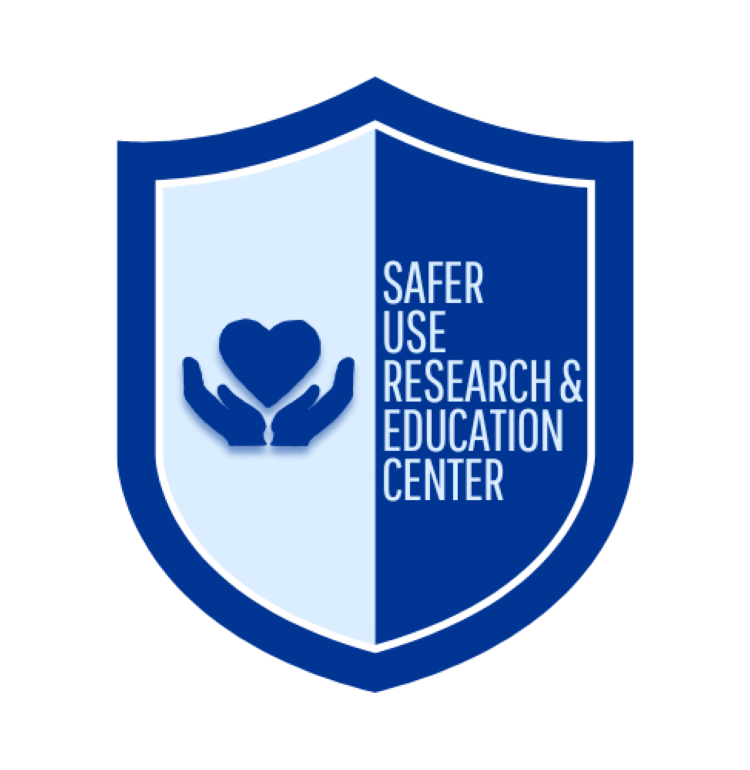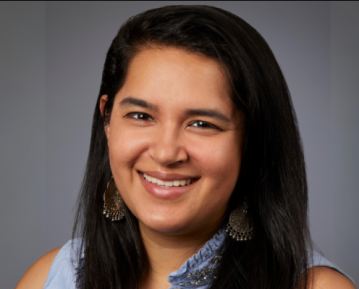Promoting preventative self-care practices among people who use substances and their communities
The Safer Use Research and Education (SURE) Center aims to promote the needs of people who use drugs and address the ongoing pubic health emergency posed by accidental drug poisoning by investigating and implementing effective safer use strategies in collaboration with the community groups who have pioneered and developed the infrastructure of safer use.
Research Foci
Health Topics
- Substance use disorders and addiction treatment
- Polysubstance use
- Health care utilization
- Health care access
- Medication-assisted treatment
- Primary and secondary community naloxone distribution
- Drug checking technology and safer supply strategies
- Community-based health care distribution
- HIV/AIDS and intravenous substance use
- Interactions between public safety and substance using populations
- Violence and victimization
- Racial disparities in substance use treatment
- Anti-stigma initiatives
Methodologies
- Community-based participatory research
- Implementation science
- Intervention design and evaluation
- Qualitative research methods (including PhotoVoice, semi-structured interviews, focus groups, concept mapping)
- Quantitative research methods (survey development, biobehavioral data collection, needs assessments
- Capacity building







